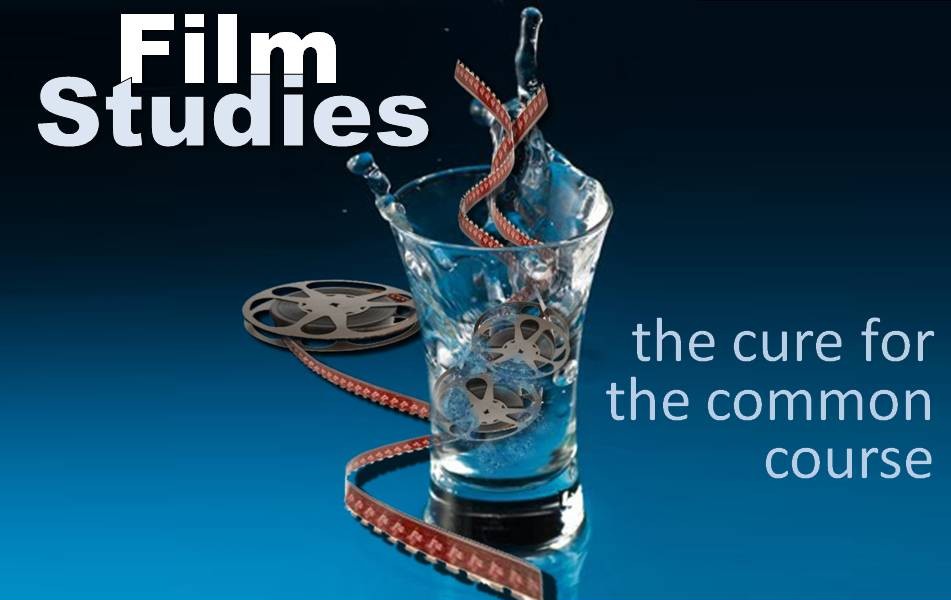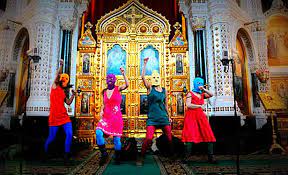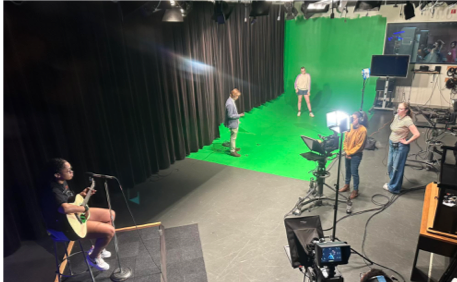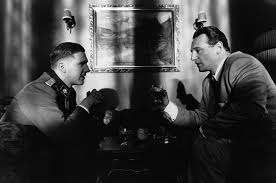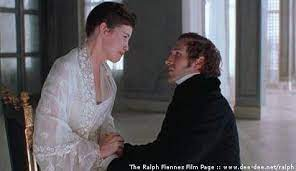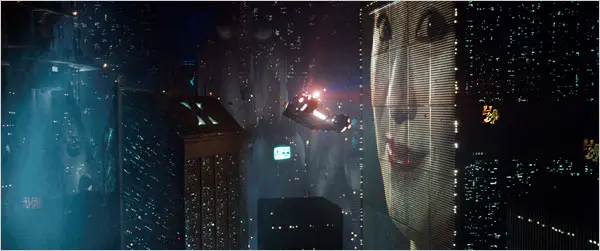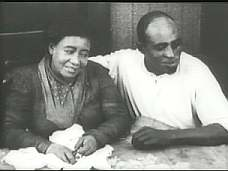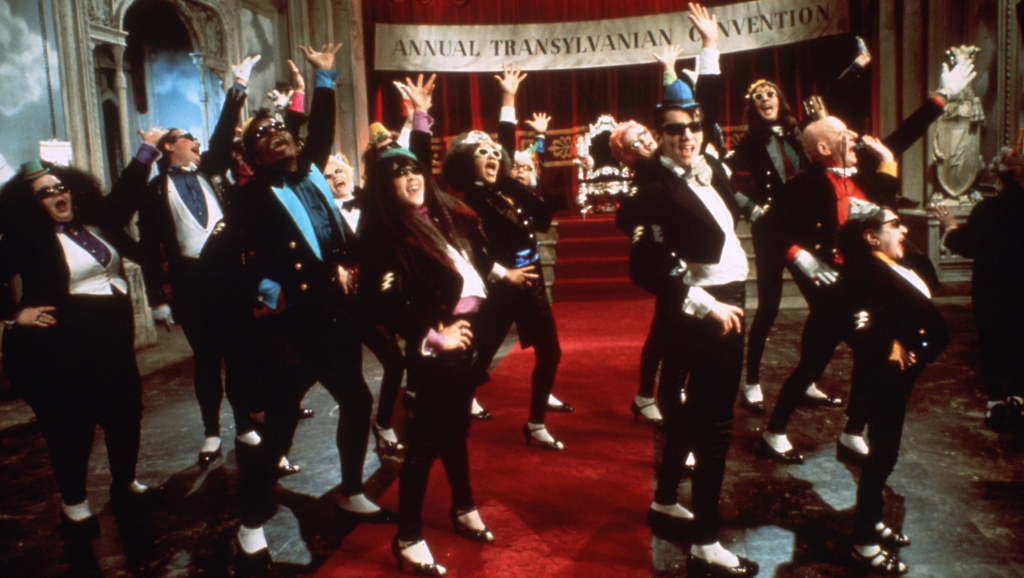GLST 1000: Intro to Global Studies
Format: Asynchronous online
Instructor: Justin Wilmes
Film screenings: streaming titles watched outside of class
Course Description: In this course, we explore a range of issues facing the world, from immigration to authoritarianism, the globalized economy and challenges presented by the internet and new technologies in the 21st century. We will consider not only many of the common issues the globe faces today, but also how they manifest themselves differently in specific cultural contexts. In doing so, we will learn about three specific regions of the world: Russia, Eastern Europe, and the Middle East. Finally, by exploring a range of texts (films, literature, new media), we will develop the ability to engage works of art critically and situate them in their specific cultural and historical contexts. No previous knowledge of other languages or cultures is required.
Screenings: American Factory (2018, Reichart and Bognar), The Social Dilemma (2020, Orlowski), The Class (2008, Cantet), Dheepan (2015, Audiard), Hipsters (2008, Todorovski), Burnt by the Sun (1994, Mikhalkov), Pussy Riot: A Punk Prayer (2013, Pozdorovn), Ida (Pawlikowski, 2013), Everything is Illuminated (2005, Schreiber), Heavy Metal in Baghdad (2007, Alvi), A Separation (2011, Farhadi)
**** GLST1000 counts as an elective for Film Studies minor in Fall 2024****
ENGL 1500-001: Topics in Words, Images, and Ideas (Taylor’s Version) (FC: HU, GE)
Format: In-person
Instructor: Anna Froula
Class Time: Tuesday & Thursday, 12:30-1:45 pm
Film screenings: streaming titles watched outside of class
Course Description: I don’t know how it gets better than this. Using Taylor Swift’s career as a focal point, we’ll explore a range of topics within contemporary media cultures, including star studies, poetry and lyricism, fan studies, girlhood, activism, race, gender, and parasocial relationships. We’ll analyze the texts of her songs along with the paratexts of her music videos, acting roles, documentaries, and public appearances. This class features multiple guest lecturers on writing and analyzing poetry, marketing, and creative nonfiction. We’ll have a marvelous time, ruining everything.
Films: Various Taylor Swift music videos, Miss Americana (Netflix, 2020), Taking on Taylor Swift (CNN, 2023), Shut Up and Sing (Barbara Kopple and Cecilia Peck, 2006), Superstar: The Karen Carpenter Story (Todd Haynes, 1988)
**** ENGL1500 counts as an elective for Film Studies minor in Fall 2024****
ART 2205: Film and Video Production Survey
Format: In-person
Instructor: Ken Wyatt
Film Screenings: streaming titles and some watched outside of class
This class is offered at 2 different times, taught by the same instructor:
ART 2205.001 is on M, W: 2:00-4:50 pm
ART 2205.002: is on M, W: 11:00-1:50 pm
Course Description: Write! Direct! Shoot! Edit! A robust “hands-on” introduction to the film/video production process for non-majors. Assignments range from experimental art (ex: music videos) to fiction (ex: drama and comedy) to non-fiction (ex: documentary & web commercials), as well as exposure to multi-camera TV studio production in the Joyner Studios facility. Lecture segments represent a synthesis of class reading assignment, as well as supplemental materials from a variety of sources pertaining to building sequences, refining dramatic structure, and incorporating and improving sound-quality to produce a clear story. Students learn image composition, audio, lighting, and post-post-production editing techniques for utilization in non-traditional and traditional media production.
**** ART2205 counts as an elective for Film Studies minor in Fall 2024****
GLST 2600: The Holocaust (FC: HU, GD)
Format: In-person
Instructor: Jill Twark
Times offered: Tuesday & Thursday, 2:00-3:15 pm
Film screening: streaming titles watched outside of class, some also shown in the evening and in class
Course Description: In this course we explore Holocaust history and its changing representation in film, literature, and mass media. We discuss the rise of Hitler and the National Socialist Party in Germany, including their propaganda tactics, military strategies, and killing methods in World War II and the Holocaust. You will learn the origins of anti-semitism and other National Socialist justifications for genocide and examine Holocaust survivor reactions. We ask questions such as: What happened? Why? How is engaging with this past and its representation relevant to us today? We also discuss recent cases of genocide, such as that which took place—and is recurring—in Darfur, Sudan. This GLST course is a Humanities and Global Diversity course taught in English.
Screenings: Triumph of the Will (1935, Leni Riefenstahl), 13 Minutes (2015, Oliver Hirschbiegel), Night and Fog (1956, Alain Resnais), Schindler’s List (1993, Steven Spielberg),Fateless (2004, Lajos Koltai), The Nasty Girl (1990, Michael Verhoeven)
***GLST2600 counts towards the Multicultural/Transnational/International Film Cognate for the Fall 2024 semester****
FILM2900: Introduction to Film Studies (FC: HU)
Format: In-person
Instructor: Amanda Ann Klein
Film Screenings: Streaming titles watched outside of class
This class is offered at 2 different times, taught by the same instructor:
FILM 2900.001 is on T, Th: 9:30-10:45 am
FILM 2900.002 is on T,Th: 11:00-12:15 pm
Course Description: The goal of this course, as its title suggests, is to “introduce” you to the broad field of film studies, including formal analysis, genre studies, film history and theory. By the end of the semester you will have the basic critical tools necessary for understanding and analyzing the language of motion pictures. Ideally, this course will enable you to not only gain a richer understanding of the films you watch but also the television shows, You Tube videos, commercials, and other media you encounter on a daily basis.
Screenings: City of God (2002, Fernando Meirelles & Kátia Lund), Do the Right Thing (1989, Spike Lee), The Virgin Suicides (1999, Sofia Coppola), Bicycle Thieves (1949, Vittorio de Sica), The Queen of Versailles (2012, Lauren Greenfield)
NO TEXTBOOK REQUIRED
****FILM2900 is a required course for the Film Studies minor core****
RUSS 3220: 19th Cent. Russian Literature in Film Adaptation (GE:HU) (GD)
Format: online synchronous
Instructor: Elena Murenina
Class Time: Th, 3:30-6:00 pm, via Canvas/WebEx
Film Screenings: Streaming titles watched outside of class
Course description: In this course, we will explore American, British, and international film adaptations of the 19thcentury masterpieces written by Pushkin, Dostoevsky, Tolstoy, and Chekhov, with the focus on ethical, philosophical, and psychological dimensions of their prose and drama. How the problems of artistic creativity, human dignity, gender, love, marriage, environment, pandemic, war, and peace – highlighted in canonical texts – can enrich our today’s critical thinking and decision-making? What are the rhetorical choices made by legendary filmmakers in their revealed through the screen ‘truth’ about the past and present? We will examine the most intriguing issues of cinematic adaptation such as function of character in narrative, pacing of action in text and in film, role of landscape in verbal and visual arts, fashion symbolism on page and screen, etc. Taught in English.
Screenings: Onegin (1999, Martha Fiennes), Amadeus (1984, Milos Forman), Anna Karenina (2012, Joe Wright), A Gentle Women (1969, Robert Bresson), War and Peace (1956, King Vidor), Unfinished Piece for Mechanical Piano (1978, Nikita Mikhalkov), Vanya on the 42nd Street (1994, Louise Malle), and more in short excerpts.
****RUSS 3220 counts toward International Film credit for Film Studies minor, or Russian Studies major/minor elective in Fall 2024*****
ENGL 3660: Literature and Film of Environmental Crisis (FC: HU, WI)
Format: In-person
Instructor: Helena Feder
Time offered: Monday and Wednesday, 2-3:15 pm
Film screenings: streaming titles watched outside of class
Course Description: The last five years are the hottest on record, and the most recent IPCC report suggests that the world will become on average one and half degrees Celsius warmer within the next decade. Every year we gain a better understanding of just how precious, how unique and interrelated every form of life is, and each month we lose, or find we are in greater danger of losing, plants and animals and the habitat upon which they – and we – depend. This course will examine various genres of film and literature concerned with aspects of the multifaceted environmental crisis of the Anthropocene:
Films (all linked on Canvas): Them!, Gordon Douglas, 1954; The Birds, Alfred Hitchcock, 1963; Soylent Green, Richard Fleischer, 1973; Jaws, Steven Spielberg, 1975; The China Syndrome, James Bridges, 1979; Blade Runner, Ridley Scott, 1982; Silkwood, Mike Nichols, 1983; They Live, John Carpenter, 1988; Life and Debt, Stephanie Black, 2001; Food Inc., Robert Kenner, 2008; Anthropocene: the Human Epoch, Burtynsky & Baichwal & de Pencier, 2018. Required Literature (THESE EDITIONS PLEASE): A Small Place, Jamaica Kincaid (Farrar, Straus and Giroux); Do Androids Dream of Electric Sheep?, Philip K. Dick (Del Ray); We Are the Weather, Jonathan Safran Foer (Farrar, Straus and Giroux).
**** ENGL3660 counts as an elective for Film Studies minor in Fall 2024****
FILM 3900-000: American and International Film History, Part I (FC: CD, GE)
Format: In-person
Instructor: Anna Froula
Class Time: Tuesday & Thursday, 11:00-12:15
Film screenings: streaming titles watched outside of class
Course Description: Before George Clooney charmed, Clark Gable enchanted. Before Jim Carrey’s pratfalls, Buster Keaton coined the art of gag. Before Taylor Swift reminded us of Clara Bow, the silent film actress lit up the screen. How much have our stars, our stories, and our storytelling devices changed since the invention of cinema? Find out as we study the major films, genres, regulatory bodies, economic structures, and pure joy of cinema, both American and International, from the mid-1890s through World War II.
Films: Within Our Gates (Oscar Micheaux, 1920), The Passion of Joan of Arc (Carl Dreyer, 1928), The Jazz Singer (Alan Crosland, 1927), I Am a Fugitive from a Chain Gang (Mervyn LeRoy, 1932), The Gold Diggers of 1933 (Mervyn LeRoy, 1933), The Lady Vanishes (Alfred Hitchcock, 1938), and It Happened One Night (Frank Capra, 1934)
***FILM3900 counts toward the Film History Cognate for the Film Studies Minor AND
as an Art History Elective for Art Majors***
FILM4980/ENGL5350 Topics in Film Aesthetics: Trash Cinema and Taste (FC: WI)
Format: In-person
Instructor: Amanda Ann Klein
Times Offered: Tuesday & Thursday, 2-3:15pm
Film screenings: streaming titles watched outside of class
Course Description: Though most film studies courses strive to provide students with the accepted canon of “quality films” like Citizen Kane and Casablanca, this course is focused on those texts existing on the margins of good taste: “trash cinema.” As a course on film aesthetics we will discuss what qualities categorize a film alternately as trash – as “bad,” “low brow” or “cult” — and how taste cultures and taste publics are established. We will discuss why certain films are believed to have “cultural capital” and why and how trash cinema rewrites the rules about which films are worth watching.
Films: The Room (2003, Tommy Wiseau), Freaks (1932, Tod Browning), Reefer Madness (1936, Louis J. Gasnier), Glen or Glenda? (1953, Ed Wood, Jr), Bad Girls Go to Hell (1965, Doris Wishman), 2000 Maniacs (1964, Herschell Gordon Lewis), The Rocky Horror Picture Show (1975, Jim Sharman), Sweet Sweetback’s Baadasssss Song (1971, Melvin Van Peebles), Pink Flamingos (1972, John Waters), Magic Mike XXL (2015, Gregory Jacobs)
****FILM4980 counts as an elective for Film Studies minor in Fall 2024****
SUMMER SESSION I
SOCI 3025-601: Sociology of Mass Media
Instructor: Dr. Sitawa R. Kimuna
Format: online
Film screenings: streaming titles watched outside of class
Course Description: The class will examine the importance of mass media in shaping and creating cultural perceptions. The goal of the course is to provide students with the knowledge and skills to critically analyze mass media, especially how it is organized and presented for public consumption. One of our first tasks will be to explore the way media texts are produced. We will then examine media content paying particular attention to the construction of meaning. We will go beyond overly simplified discussions of stereotypes to address cultural products as open texts subject to a variety of interpretations, some of which may subvert intended readings. We will also investigate patterns and processes of media consumption (including questions of media effects, the ways in which consumption choices may serve to create or erode boundaries between groups of people, and how knowledge of elite cultural forms act as currency that may advantage or disadvantage consumers). Assigned films can be viewed using Joyner Library’s streaming sites such as Films on Demand, Swank, or Kanopy and when possible, Netflix, Hulu, and other streaming services.
Screenings: Hidden Figures (2016-2017, Theodore Melfi); Brokeback Mountain (2005, Ang Lee); Toni Morrison: The Pieces I AM (2019, Timothy Greenfield-Sanders); The Hate U Give (2018, George Tillman Jr.); Class Dismissed: How TV Frames the Working Class (A Media Education Foundation presentation, Directed by Loretta Alper, 2005); Kinky Boots (2005, Julian Jarrold); Dirty Pretty Things (2002, Stephen Frears); and Money for Nothing: Behind the Business of Pop Music (2001, Kembrew McLeod).
****SOCI3025 counts as an elective for Film Studies minor in Summer Session I 2024****
